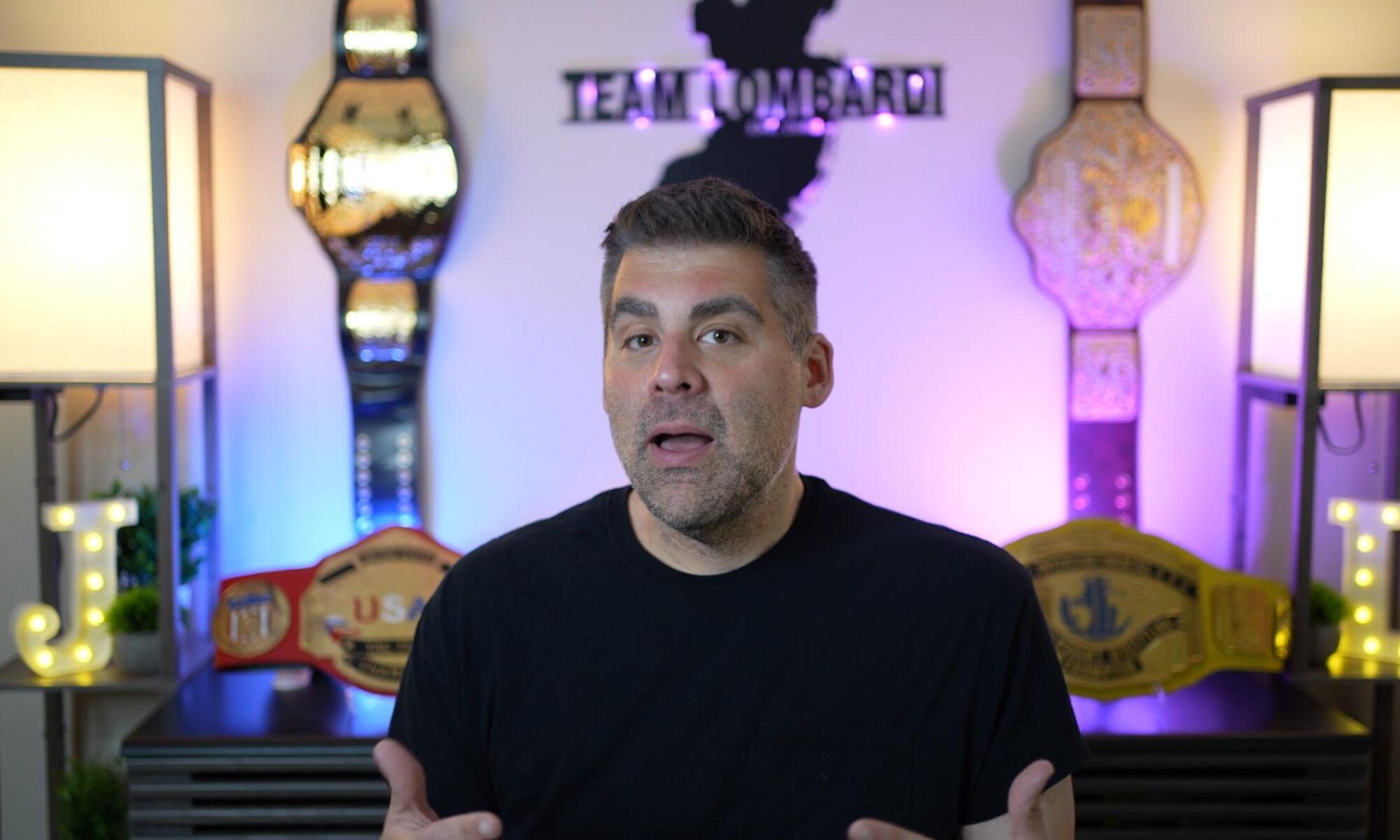I have come to realize that a good portion of my life has centered around email. When I got out of college I was assigned to the email support team of my company and quickly became the one stop shop for 40,000 employees email accounts, I did that for four years. I also started a small computer repair shop/consulting firm during that time and did a good deal of small business email configurations. During my time as “Computer Joey” (that was my business’ name if you didn’t figure it out) I also had a chance to talk at schools about technology and how to be safe on the internet. Those talks came to mind when I was building a contact list for my homeowners association. Long story short, I think it would be helpful to list some pointers about incorporating email into your life:
- In your email address, refrain from putting any personal information (besides your name) before the “@” sign. Examples of this are: Your birthday (JohnDoe01051975@yahoo.com), your home address number (NancyDoe80@yahoo.com), Any part of your social security number, Don’t include your zip code, don’t include your age, etc.
- If you are still in the work force, try to avoid using “cute” email address names like “SweetSk8rgurl@yahoo.com”. If you lose your job you don’t want to put an email address like that on your resume, and checking multiple accounts can get tiresome. On the flip side, if you are retired or close to it you might want to avoid putting hobbies into your email address. Example: “Mustanglover40@hotmail.com” could make you an easy target for an internet scammer. They might find an in by sending you an email about Mustangs or classic cars.
- Try to avoid using the email account that your internet service provider’s (Comcast, Verizon) gives you. If all of your friends know your email address is John.Doe@comcast.net and you decide to change service providers, you will lose that address and your friends might not be able to find you. I suggest signing up for a free account at Yahoo, Gmail, or Hotmail. They provide a huge amount of space for free and those accounts tie into to other great free services. My personal recommendation is Gmail but you should check them all out to see what you like best.
- Try to avoid forwarding chain letters. If you don’t know what a chain letter is, basically any email that asks you to forward to all of your friends is a chain letter and spammers can use those chain letters to get your email address.
- On that note, whenever you are sending out an email to a large group of people, use the BCC feature (BCC = Blind Carbon Copy). There is always somebody in the group who decides to Reply to All and the next thing you know your inbox is full with generic responses, this will eliminate that problem.
- You should not use company email for personal use. You can’t control your friends from emailing you something you should not get at work, don’t put yourself in that situation. I would also suggest that students leave their school accounts for school only (it is an easy way to find someone).
- Don’t say anything in email that you would not say to anyone’s face. It is easy to form a sense of detachment when you are sitting in front of a computer, remember there is a human being that is going to read that email.
I think that is good for now. Good luck out there on the internet and try to be safe.
Other Useful Email Tips:
- How to send a personal email – Click Here
- Don’t use company email for personal use – Click Here

